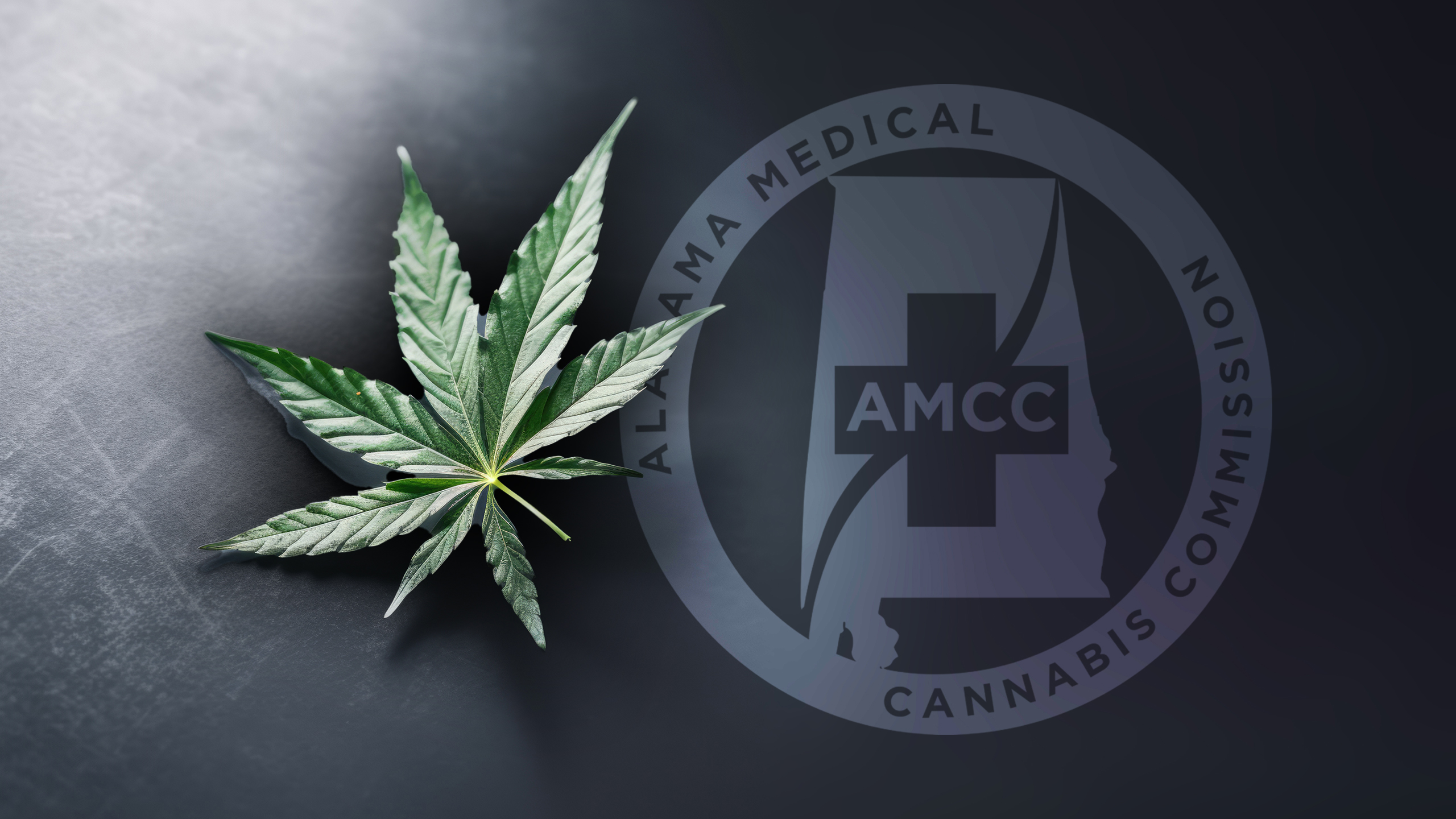|
Getting your Trinity Audio player ready...
|
The Alabama Medical Cannabis Commission is apparently poised to make sweeping changes to its application and review process, according to a draft agenda for the AMCC’s Thursday meeting.
The agenda, posted on the Commission’s website, doesn’t detail the exact rule changes or the new rules, but it does give categories for two new rules and six changes to existing rules.
The two new rules deal with “Special rules related to certain applications.”
The six proposed rule changes will be for:
- Request for hearing from application denial
- Public notice and comment period
- Third-party evaluation and recommendation
- Processing and evaluation of applications
- Applications and applications processing generally
- Timeline for applications and licensing
While the exact nature of the rules changes isn’t clear, a source told APR that they are the result of the ongoing negotiations between AMCC attorneys and attorneys representing several cannabis companies that have filed lawsuits against the Commission over its flawed application process.
A hearing in several of those lawsuits is set for Tuesday in a Montgomery County Circuit courtroom.
The lawsuits and AMCC’s botched handling of the application process has slowed the awarding of licenses to a crawl and brought about calls from lawmakers and patient advocate groups for changes to be made quickly in order to get the drugs out to patients.
It’s unclear if the proposed changes will get the approval of the companies that have filed lawsuits, the source said. Their approval likely rests on whether the Commission will regrade applications, starting from scratch and scoring the applicants on established law.
But the changes could be enough to sway Judge James Anderson, whose restraining order is currently preventing companies from moving forward with production. That outcome seems unlikely, since there’s little dispute at this point that the AMCC violated Alabama’s Administrative Procedures Act. Seemingly the only solution at this point would be to regrade the applicants in a process that meets AAPA standards.






















































